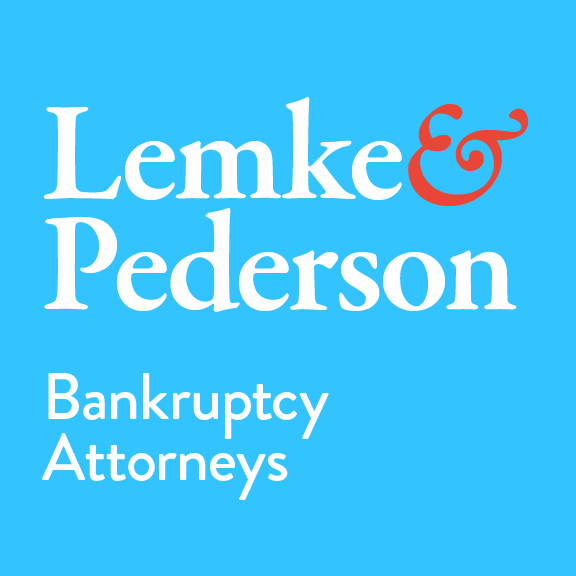Chapter 7 Bankruptcy
In a Chapter 7 bankruptcy, you file for protection in federal court by listing assets, debts, income, expenses, and other elements of your financial history. In most Chapter 7 bankruptcies, all of your assets are exempt, and no assets are taken from you. In the event that any property is not exempt, the bankruptcy trustee would sell the property and apply the money to the unsecured debts. The debts are then discharged, no matter how much is still owed.
If you have any secured debts (debts for which there is collateral, such as a home or car), you must keep current with your payments. If you fall behind, the creditor may take back the property. Security interests in non-purchase money debts (common with finance companies) may be avoided, and you will be able to keep the property.
The key advantages of filing for Chapter 7 bankruptcy are: The discharge will typically occur within four months after filing; no payments to unsecured creditors; and the process has a high success rate. However, you may not file for Chapter 7 bankruptcy within eight years of filing a previous Chapter 7 bankruptcy.
Chapter 13 Bankruptcy
In a Chapter 13 bankruptcy, you file a plan to make payments over a three- to five-year period. Under the plan, you make a monthly payment to a court-appointed trustee who keeps a percentage (typically 10 percent) of the monthly payment as a fee. The balance is used to pay off the debts.
If your home is secured by a mortgage, you may keep the home by resuming regular monthly payments following the filing of bankruptcy and by proposing a plan to make the delinquent payments (arrearage) over the designated period (lasting between 36 and 60 months) before discharge.
Chapter 13 bankruptcy takes between three to five years to complete, and you should be aware that there will be stringent oversight of your budget. Chapter 13 bankruptcy can also be more expensive in the long run, as the trustee keeps a percentage of the monthly payments. If you fail to make the monthly payments on time, the case will be dismissed. Complications such as job loss, injury, or illness within the 3 to 5 year period may decrease the likelihood of successful completion.
Income Tax Issues
Income tax issues can be a great source of stress. it may be surprising, but some income taxes can be discharged in bankruptcy. We can analyze your tax situation and determine whether bankruptcy can help.
Sole Proprietor & Small Business Bankruptcy
Small business owners, including sole proprietors, who are struggling financially have options for achieving debt relief. We can help you determine whether filing for Chapter 7 bankruptcy is your best option. Alternatively, we may recommend filing for Chapter 13 bankruptcy, as this option may better address your needs. No matter what the specifics of your situation may be, we are here to walk you through your available options so that you can make an informed decision about the future of your business.


